Khabar Khair (Only Good News) – Abdul Jalil Al-Salmi
The Integrated Urban Services Emergency Project in Yemen, that was launched at the
end of 2017, continues to restore Yemeni structural and critical capicities in a number
of Yemeni cities, with an investment portfolio of $150 million.
A document issued by the World Bank, which is assigned to monitor the
implementation of the project, stated that the project is an emergency operation
covering several sectors, aimed at restoring the ability to access critical services in
Yemeni cities.
According to the document, which Khabar Khair (Only Good News) obtained a
copy of, the project was funded by $150 million grant from the International
Development Association, and it is being implemented by the United Nations Office
for Project Services.
The project announced that during the past years, 234 kilometers of urban roads
were rehabilitated in eight cities, and the provision of critical services to more than
three million Yemeni citizens was resumed.
He added that 63,000 megawatt hours of clean solar energy was produced to be used
use in hospitals and schools.
The Integrated Urban Services Emergency Project focuses on providing critical
essential services, including infrastructure for water supply, sanitation, transportation,
energy, and solid waste management.
According to the emergency project document, it will support million and four
hundred thousand Yemenis by providing million and five hundred thousand working
days, constructing 400 km of roads, and generating an estimated 600,000 megawatt-
hours of energy.
The project covers five sectors: solid waste management, water and sanitation, urban
roads, electricity for critical vital services, and housing.
The United Nations Office for Project Services is currently implementing, with the
Party’s Maintenance Fund, paving neighborhood streets with stones, paving streets
and sidewalks for pedestrians, rehabilitating roads at entrances to the cities, fixing
potholes and sites, treating cracks, patching works, adding asphalt layers, improving
road safety, and rehabilitating of crossroads in Aden. and Sana’a.
The document said: The project activities are supervised by the United Nations
Regional Office and implemented with local partners represented by the Public Works
Project, the Urban Water Project Management Unit, and the Roads Maintenance Fund
Execution Unit, while the United Nations Office for Project Services in Yemen will
undertake the task of project procurement.
According to the project document, the project will focus on critical and vital
investments that will restore services in a short implementation time frame, including
water pumps and generators to provide electricity for these pumps, hospitals, critical
healthcare facilities, solid waste management and minor road repairs.
The project will also finance solid waste management, and potential activities in this
sector will include turnkey service contracts to recover solid waste collection and
transport activities to landfill sites and measures to mitigate environmental and social
risks at landfill sites.
Sanitation activities at the neighborhood level include rehabilitation of manholes
and existing manholes, including replacement of damaged covers and repair or
expansion of sewage pipes not covered by local water and wastewater establishments,
subject to their connection to operating treatment and drainage systems.
The project also supports the restoration of electricity supply for critical and vital
services in urban areas, and electricity will be provided from outside the public grid
by renting power generation units from the private sector.
The project ensures the drainage of rainwater by building drainage channels, tubes,
and water barriers in the existing water courses, in addition to rehabilitating the
existing channels, and providing nets to ensure that the openings are not blocked.
The project included the rehabilitation of local parks and green spaces, including
cleaning and paving of existing walkways, providing seating areas and shades,
planting green spaces suitable for the local climate, restoring damaged fences and
frequently used gates, and children’s play areas.
In the housing sector, the project was limited to providing technical assistance to
the housing sector, which is the sector most affected and in need of recovery,
according to the principle of rebuilding in a better way in activities that affect
construction and reconstruction.

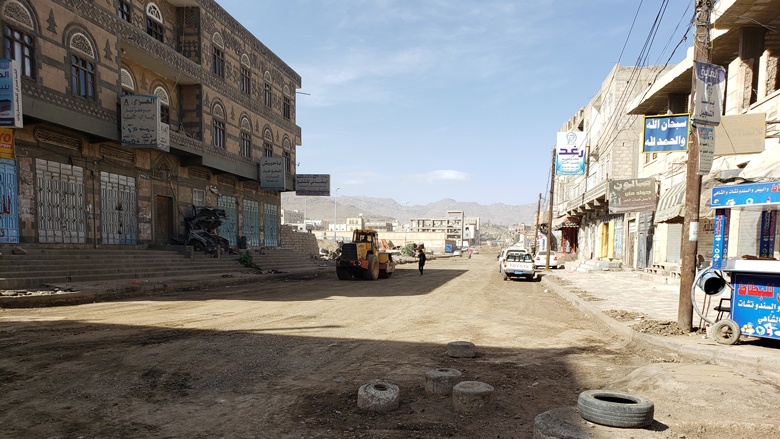
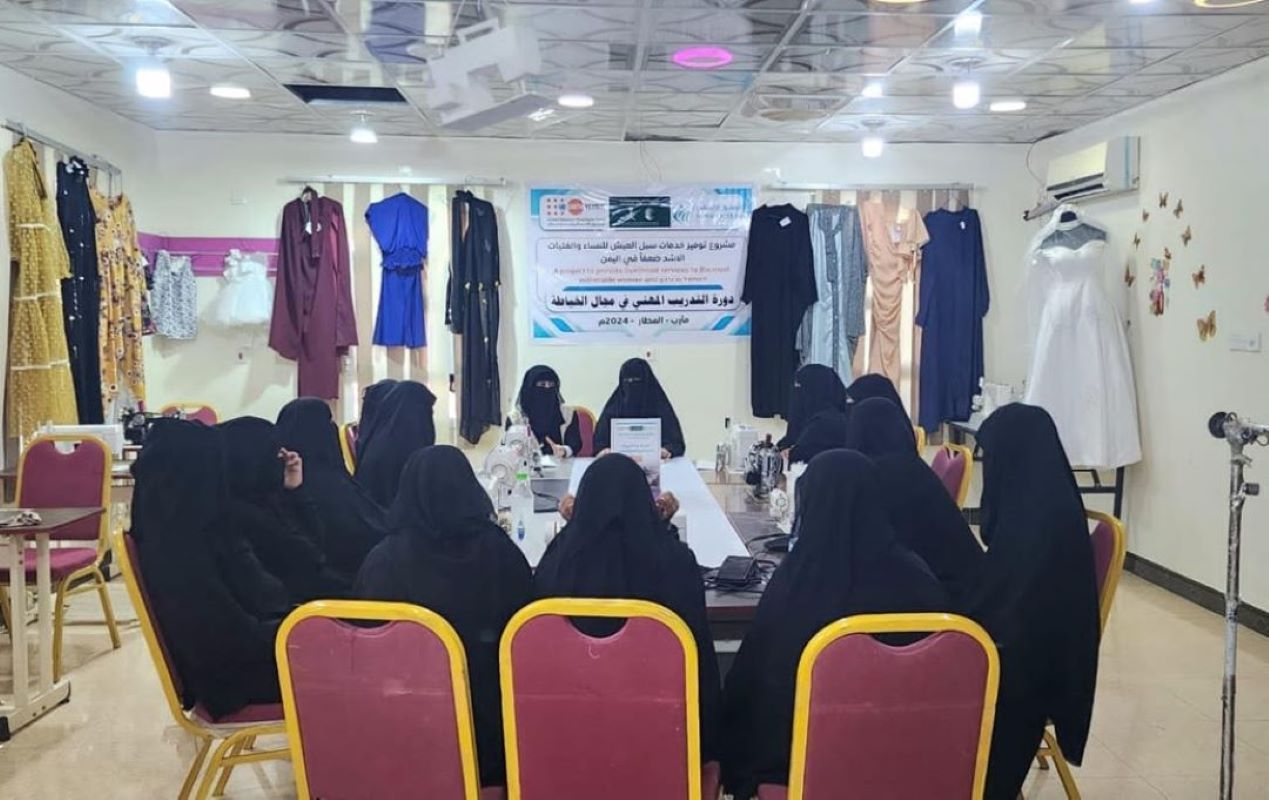
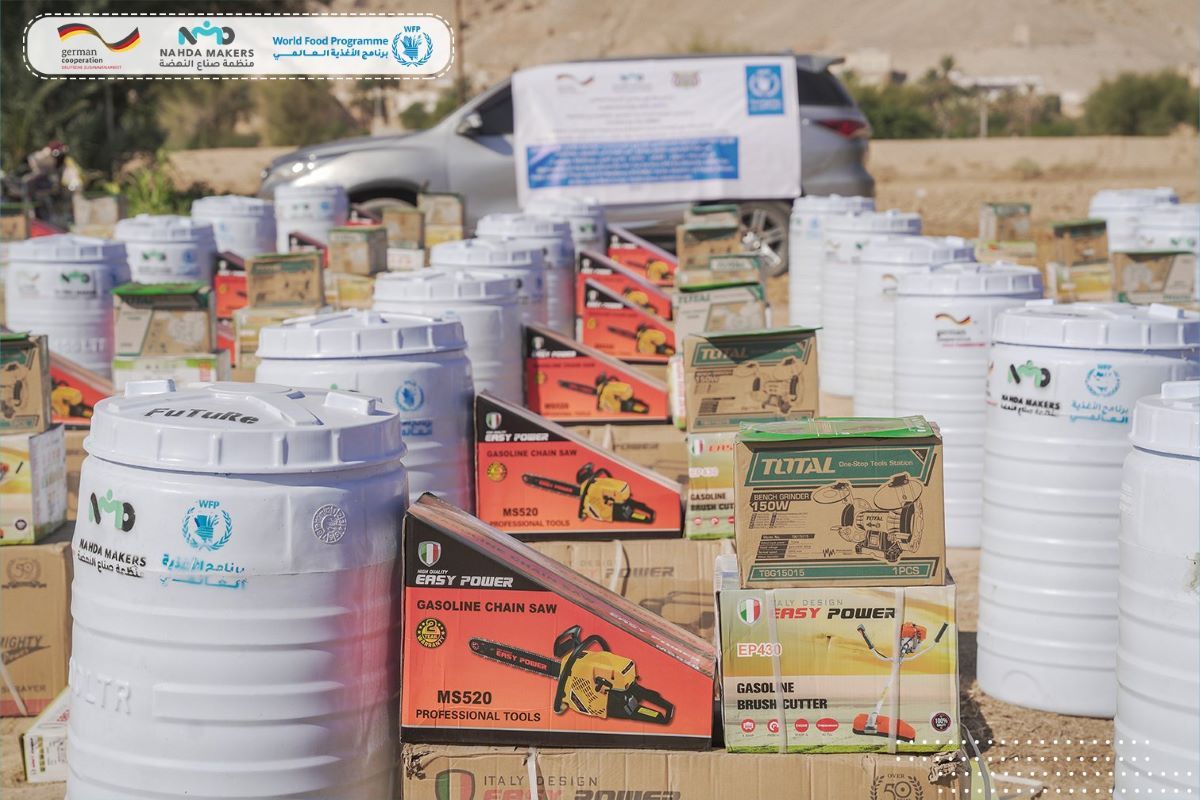
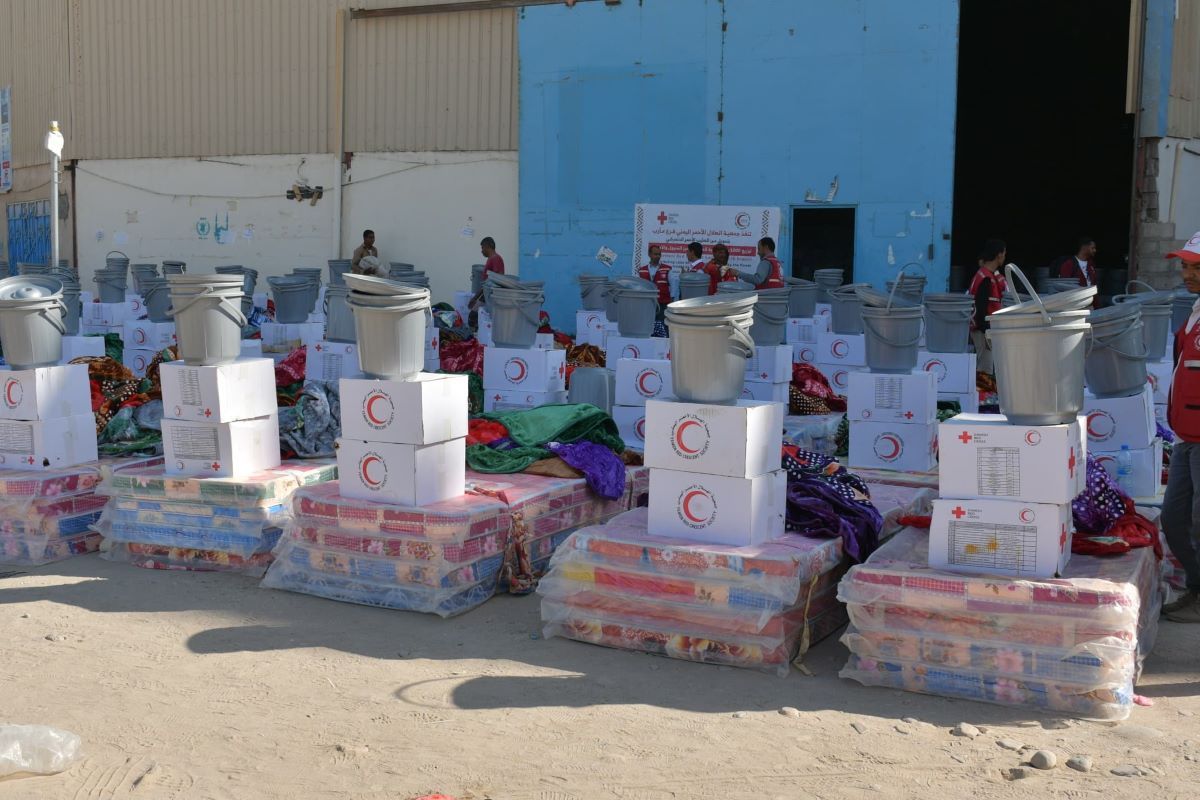
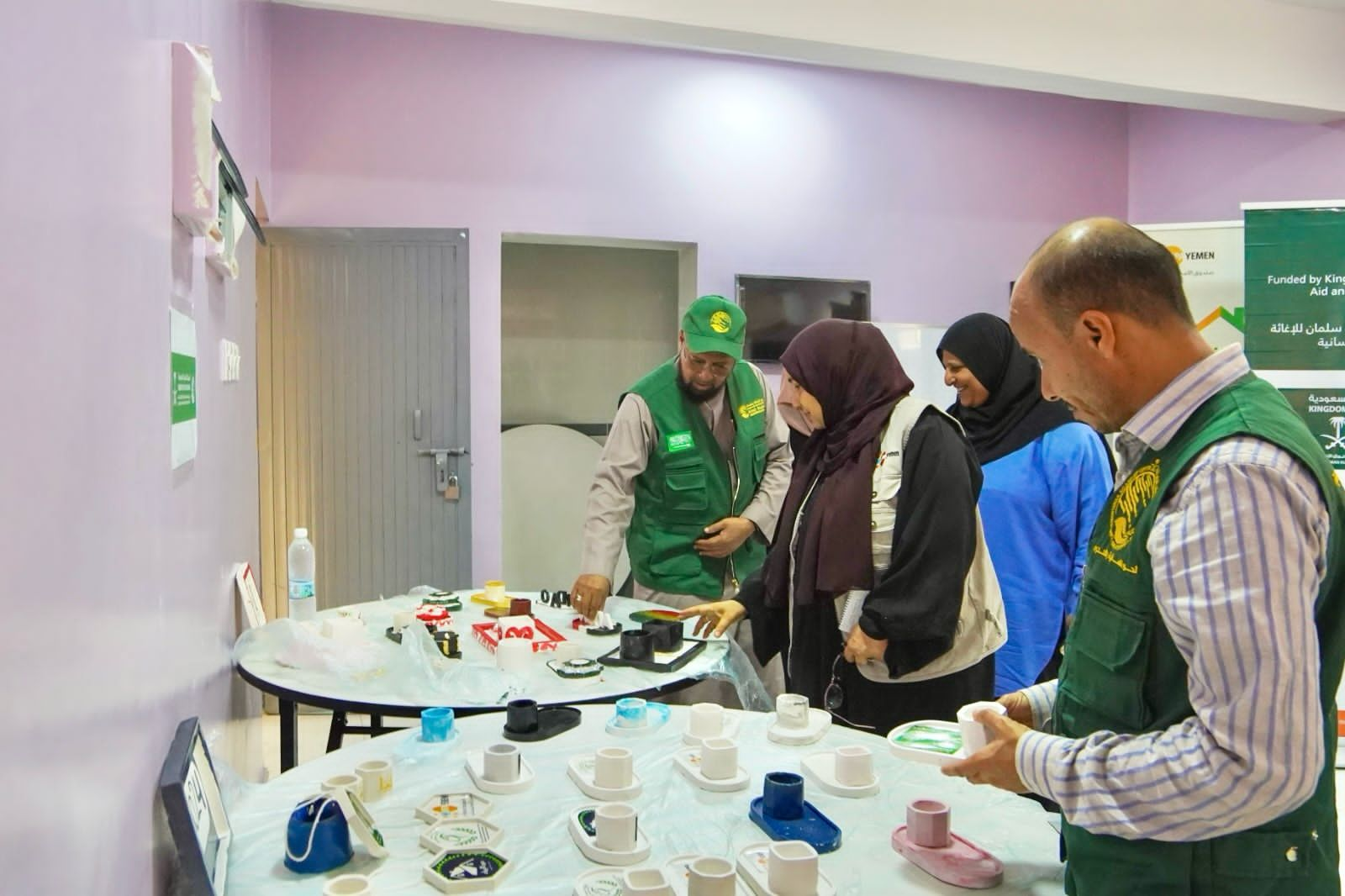
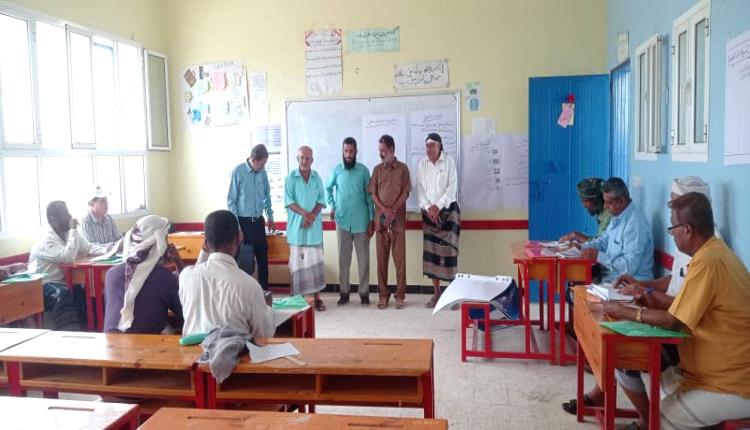
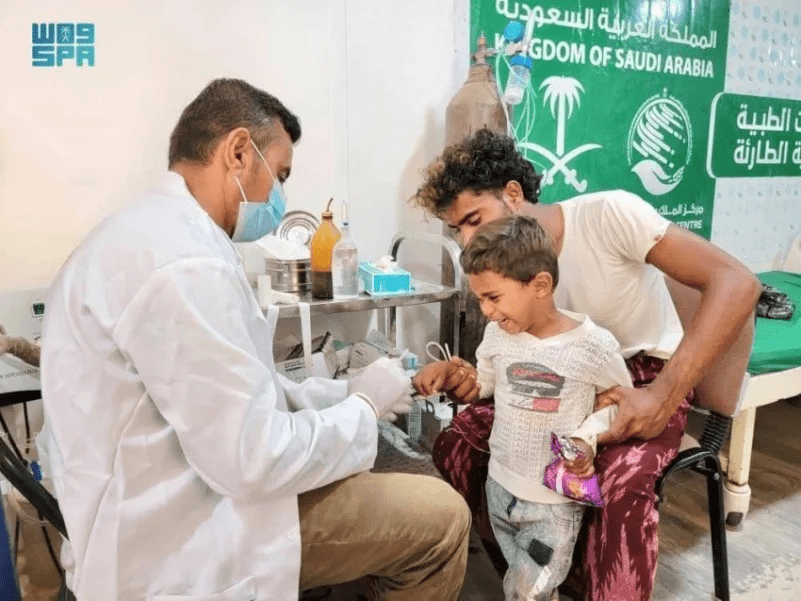

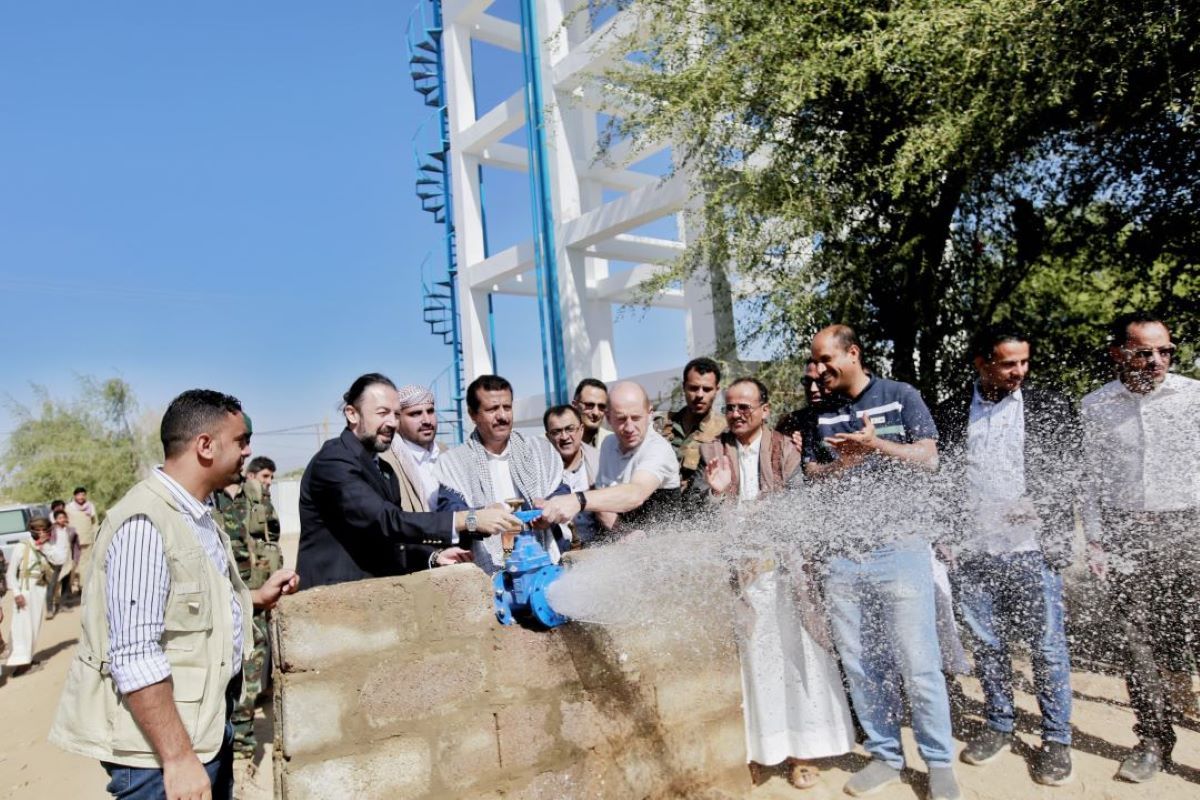
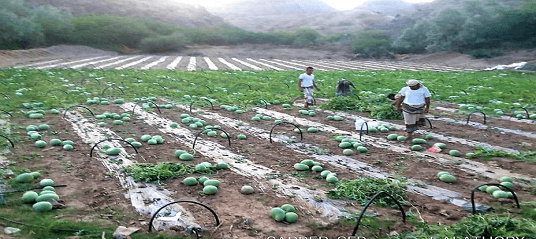
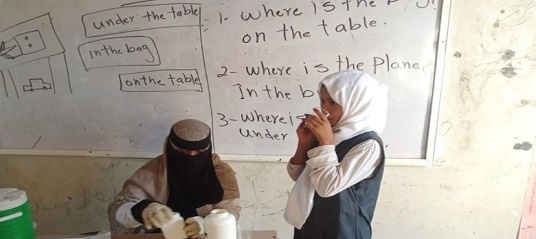
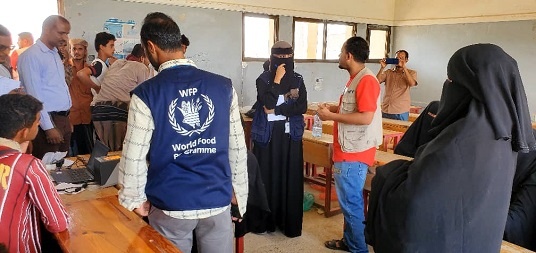
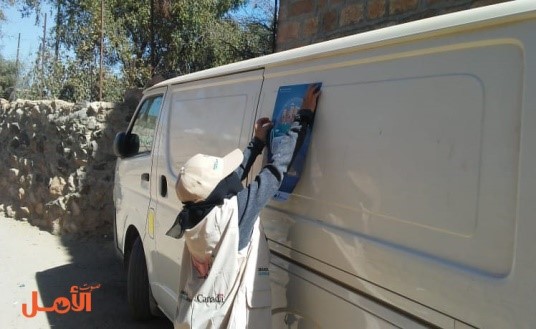
LEAVE A COMMENT